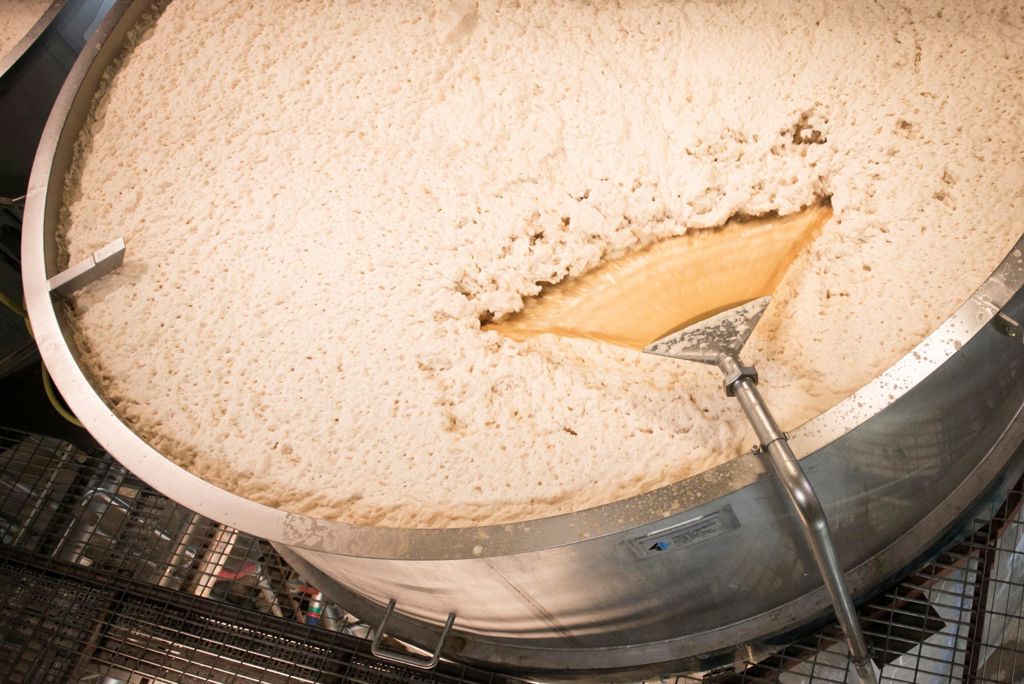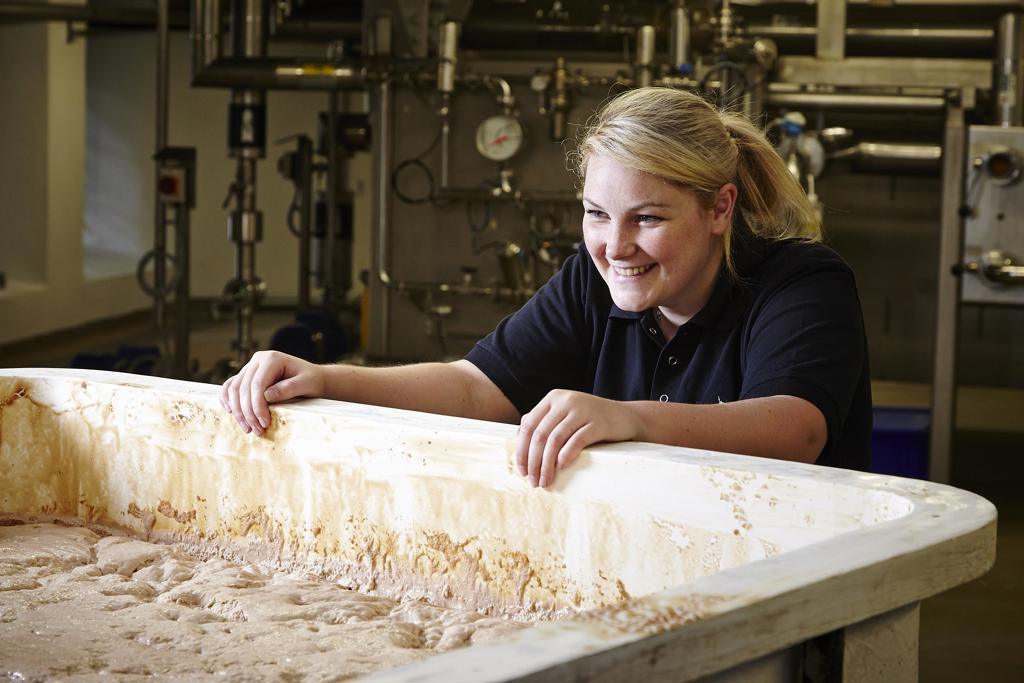Product Assurance

Beer is regulated as food within the UK. Brewers, pub operators, licensees and many other stakeholders within production, retail and the beer and pub supply chain are bound by stringent legislation and those food and drink standards which help to guarantee the safety and quality of British food and drink.
The guidance below is intended to support members to comply with relevant legislation and also includes guidance on all aspects of voluntary and statutory labelling of beer.
This technical circular is intended to offer information and guidance to BBPA members relating to the labelling of pre-packaged beer for sale on the UK/GB market.
Cleanliness of dispense equipment is essential to maintain high standards of quality and presentation.
Hazy beers with a poor palate can often be attributed to a build-up of yeast and other micro-organisms in beer lines. Good hygiene is also essential to prevent the development of micro-organisms which could present a food safety hazard. The objective of line cleaning is to maintain a constant state of hygiene and not to wait for yeast to accumulate.
The guidance therefore recommends the cleaning of beer and cider dispense systems at least every seven days. Beer is classified as a food under The Food Safety (General Food Hygiene) Regulations 1995 and the same standards of hygiene should therefore be applied to cellars as to kitchens.
As there are no formal technical standards for toughened glassware within the UK, the BBPA has drafted guidance to help assist members to develop a test programme to understand the suitability of toughened glassware intended for use in trade.
A comprehensive list of agrochemical agents accepted by the BBPA and Campden BRI for use on hops and cereals used as ingredients for brewing beer in the UK.
The following is intended for those BBPA members whose pub businesses include the provision of food to the public. The following information is intended to assist licensees and food providers to help consumers who want to make healthy decisions about the food they eat.
All businesses serving food are different, therefore not all of the information contained in this guide will be suitable for all, however this should provide some basic advice on how to capitalise on the growth in demand for healthier options, provide customers with greater choice and grow and maintain your customer base.
The introduction of revised food labelling requirements in 2014 also introduced new responsibilities on food businesses to inform consumers of all relevant allergens that may be present in non-prepacked food served on the premises. BBPA guidance on this is intended to assist pubs to comply with the new requirements and ensure awareness and control of potential allergens in food and drink. The BBPA also operates a Primary Authority coordinated partnership for allergen labelling in pubs.
This briefing is intended to provide BBPA members with information that may be of use in response to requests by the media in relation to reports where plastic fragments are found in beer.
For a copy of this briefing please contact Steve Livens.
The brewing industry is morally and legally obliged to provide safe and wholesome products and to ensure food safety throughout the supply chain. Whilst beer is an inherently safe product it may, nevertheless, be contaminated by foreign bodies and chemicals at various stages within the process.
Adopting a Hazard Analysis and Critical Control Point (HACCP) approach to food safety can control this possibility.
This guidance details what to do in the event of a flood in your pub.
This technical circular is intended to offer information and guidance to BBPA members relating to the labelling of pre-packaged beer for sale on the UK/GB market.







